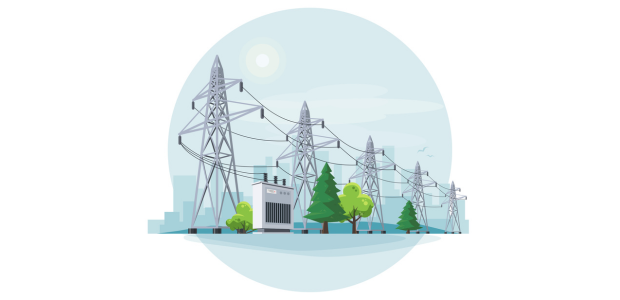
New Technologies for Off-Grid Power: VTT Develops Fuel Cells for Extreme Conditions
Thousands of off-grid sites—such as telecommunications towers, weather stations, railways, and construction areas—require small, reliable sources of electricity. Traditionally, diesel generators have powered these remote locations, but the VTT-led RoRePower project has identified a cleaner, more efficient alternative: fuel cell technology. This innovative approach offers reliable, remote-controlled electricity generation, even in extreme environments that range from -40°C to over 50°C.
"Fuel cell technology using gas proved highly effective in electrifying off-grid sites in harsh environments," explains Jari Kiviaho, VTT Research Professor and RoRePower project coordinator. The project demonstrated that fuel cells, particularly solid oxide fuel cells, outperform diesel generators in efficiency. They can even operate with bio-based fuels, making them an eco-friendly solution for remote locations.
This technology has massive global potential. "There are tens of thousands of applications for this solution worldwide," Kiviaho notes. "In Finland alone, it could power weather stations, remote traffic lights, border control cameras, and even charge drones."
Fuel cells also offer logistical advantages. A single refuelling can supply electricity for up to a year, monitored remotely, and can be integrated with other renewable sources like solar panels or batteries.
Successful Testing at Finland’s Karjaan Puhelin Data Centre
The RoRePower project tested fuel cell systems at over 50 sites globally, including the Karjaan Puhelin data centre in Finland, where average electricity demand was less than 1 kW. Over two years, SolydEra's fuel cell system reliably powered the site using gas supplied by Auris Energia.
"Karjaan Puhelin has always explored alternative energy solutions, from solar to wind power, but batteries were our go-to for backup power," says Magnus Henriksson, Infrastructure and Property Manager at Karjaan Puhelin. "When VTT introduced us to the fuel cell project, we were eager to join. It’s been a valuable learning experience, and I believe the future of fuel cell technology is bright."
Auris Energia's Deputy Managing Director, Perttu Lahtinen, adds, "The project confirmed the potential of combining gas with fuel cells for challenging off-grid locations."
Fuel Cells Now Commercially Available
The technologies developed during the RoRePower project are now commercially available, providing small-scale electricity generation solutions for remote, hard-to-reach sites.
RoRePower was a 4-year EU-funded initiative designed to develop and test power systems for off-grid, remote-controlled locations. Partners in the consortium included VTT, Sunfire, New Enerday, SolydEra, EFCF, and 3E Energy. The project was supported by the EU Fuel Cell and Hydrogen Joint Undertaking under contract number 824953, as part of the Horizon 2020 research and innovation program.

